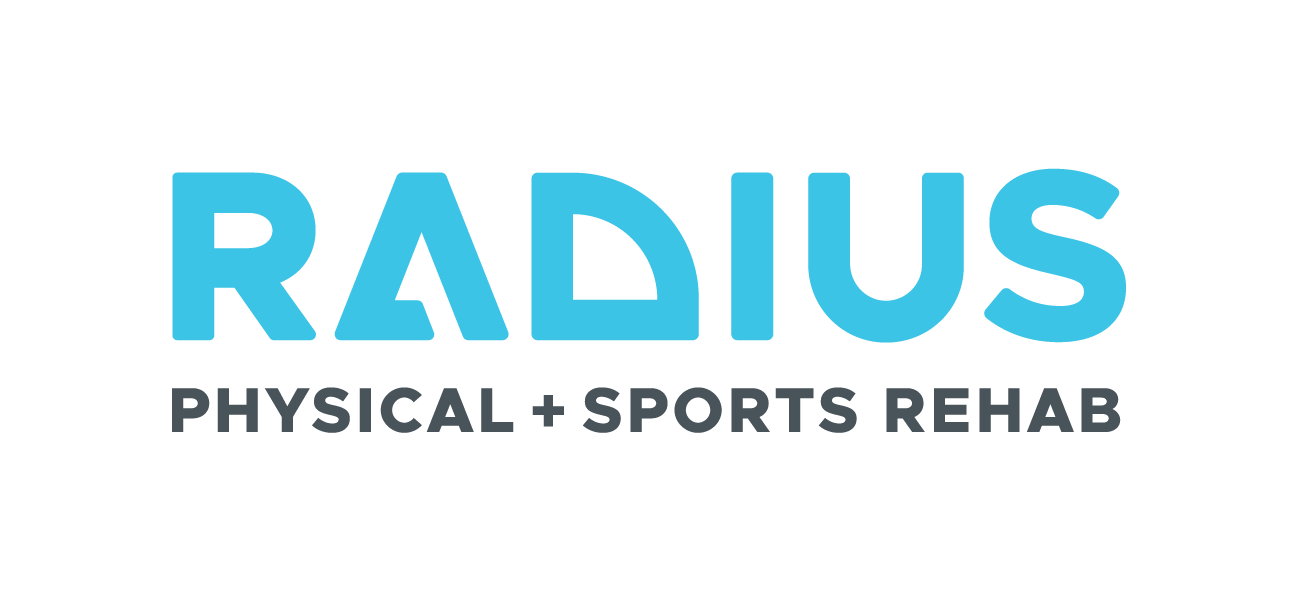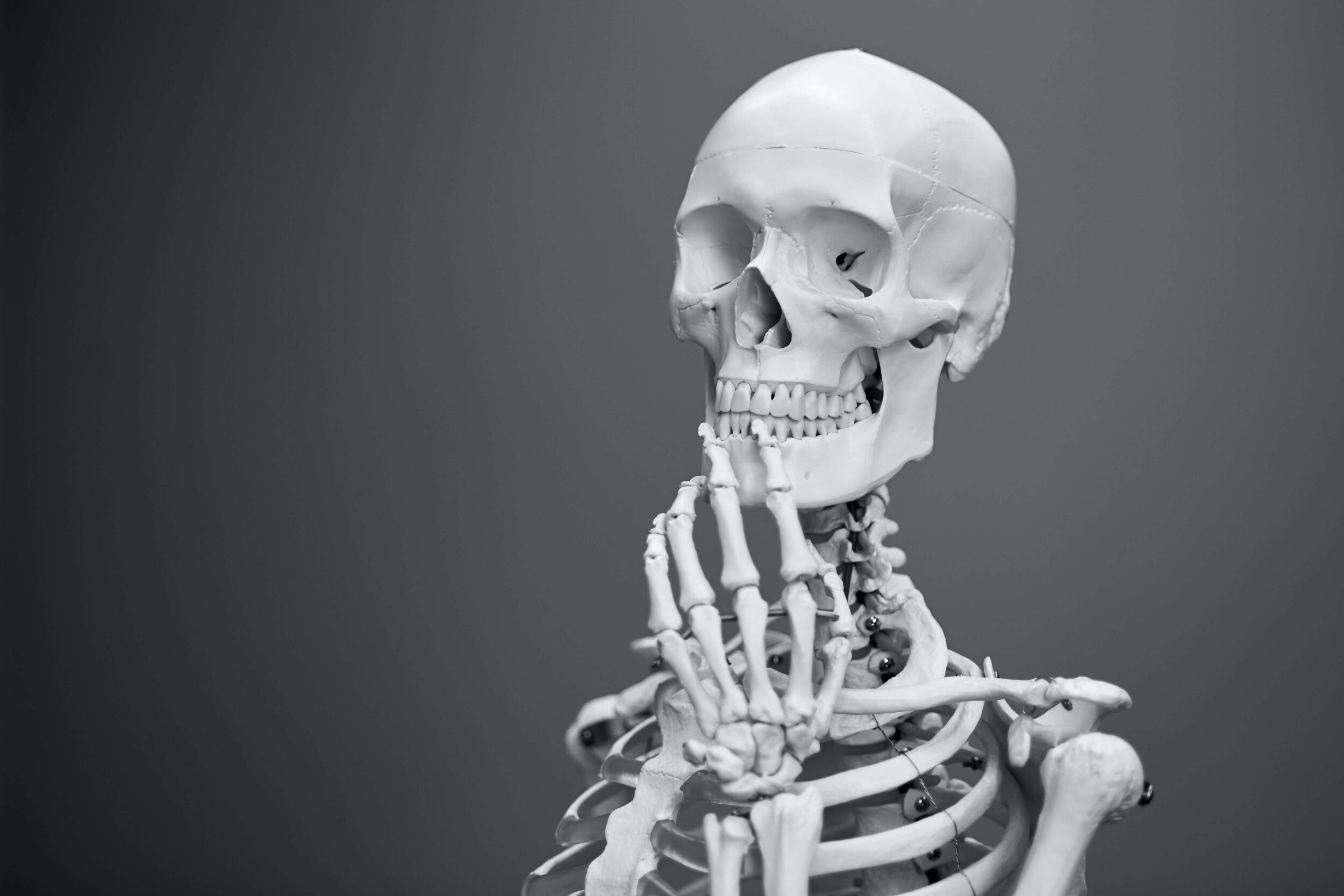Traumatic Brain Injury (TBI)
During an automobile accident, the brain is at risk. Even when the rider’s body is adequately secured, a severe accident can cause the brain to forcefully contact the inside of the skull, resulting in various injuries such as a concussion, cerebral contusion, or a skull fracture in the most extreme cases. All of these injuries fall under a larger category of injuries called traumatic brain injuries.
Depending on the degree of stenosis, symptom severity can vary. While permanent damage to the spinal cord is possible, this is a manageable condition, and symptoms can improve with the proper treatment and intervention.
Radius Clinic Treats Traumatic Brain Injuries
When a person sustains a head injury, many complications affect their ability to return to everyday life and schedule. In many cases, these individuals will need support and care to get through this challenging recovery time. At Radius, we help you diagnose your brain injury and work with other providers to develop a solid plan for your recovery. We then meet with you as often as the program requires to help you recover.
What is a Traumatic Brain Injury?
A Traumatic Brain Injury, or TBI, is an injury that affects how the brain works. It can be mild (like a concussion), moderate, or severe. A violent blow to the head or an object penetrating the skull and coming in contact with the brain can cause a TBI. The brain is a delicate and complex organ that is somewhat the consistency of soft tofu or jello. With that image in mind, you can begin to imagine how even a small skull impact could cause damage.
Causes of Traumatic Brain Injuries
There are a few types of incidents that cause most traumatic brain injuries. Those causes are:
Falls
Falls cause more TBIs than anything else. Children are most at risk, and most TBIs caused by falls affect children.
Automobile Accidents
Car accidents can cause all kinds of TBIs, from mild to severe.
Violence
Violent incidents resulting in a TBI include gunshot wounds, domestic violence, child abuse, or warfare.
Sports Injuries
Many contact sports can cause TBIs; some include football, hockey, boxing, mixed martial arts, or skiing.
Workplace Injuries
In addition to falls, explosions can cause traumatic brain injuries. So can falling debris or heavy equipment.
Risk Factors
Specific demographics have a greater risk of suffering a traumatic brain injury:
Young Children: Children under the age of 4 have a much greater risk of suffering a TBI than older children and adults.
Seniors: Adults age 60 and older also have a greater risk of suffering a TBI.
Young Adults: People between the ages of 15 and 24 have an increased risk.
Men: Men have a much greater risk of suffering a TBI than women do.
Symptoms
Traumatic brain injuries can produce a wide array of symptoms, which can fall into different categories. The severity of the symptoms tends to reflect the seriousness of the injury. Here, we list symptoms by two classes of TBI: Mild and Moderate/Severe.
Mild
Concussions usually fall into this category. Physical Symptoms can include headache, nausea and vomiting, fatigue and drowsiness, speech problems, and dizziness or balance problems. Sensory symptoms include blurred vision, ringing in the ears, difficulty with smell or taste, or sensitivity to light or sound. Cognitive or mental issues include loss of consciousness, confusion, memory or focus problems, mood changes or mood swings, anxiety or depression, or trouble sleeping.
Moderate and Severe
Physical symptoms for these traumatic injuries include a loss of consciousness for several hours, persistent headache, continuous nausea or vomiting, seizures or convulsions, dilation of one or both pupils, clear fluids draining from nose or ears, inability to awaken from sleep, weakness or numbness in fingers or toes, and loss of coordination. Cognitive or mental symptoms include severe confusion, agitation or aggressive behavior, or slurred speech.
Children
Children also display specific symptoms when affected by a TBI. Some of these include changes in eating habits, unusual irritability, inability to stop crying or settle down, failure to pay attention, change in sleep habits, seizures, sadness/depression, drowsiness, or a loss of interest in favorite toys or activities.
Complications
If a traumatic brain injury progresses, it can result in a coma, an unconscious state where the person is unaware of their surroundings. Coma can lead to a more alert “vegetative state,” in which there is some response to stimuli, but the person still is unaware of their surroundings. The person might also be minimally conscious, with some awareness, but cannot interact with people. A brain-dead individual shows no brain activity when examined and is one step away from death. Brain death is considered irreversible.
Aside from altered states of consciousness, there are several other possible complications. Seizures, a buildup of fluid in the brain (also called hydrocephalus, which can be fatal), infections, damage to blood vessels, headaches, vertigo, and paralysis are some of the physical complications of brain injuries. Sensory issues, poor cognition (thinking), communication issues, poor judgment, and poor planning or focus are possible.
Treatment
Treatment for a traumatic brain injury begins with a thorough diagnosis. We work with other providers to form a complete picture of what has happened to your brain and develop a comprehensive, step-by-step plan for recovering any lost functions or abilities. It is critical to recover missing functions and have specific goals and specific tools in mind for achieving them. But that’s just the beginning. The hard part is the work you put in. We’re there to guide you, encourage you, and make sure you have everything you need to succeed in taking the next big step.
Choose Radius Clinic for Recovery from your Traumatic Brain Injury
Radius professionals specialize in musculoskeletal rehabilitation, and we treat people with all types of traumatic brain injuries. If you live in the Sacramento Valley in the counties of Sacramento, Nevada, Placer, or El Dorado, call or stop by one of our two locations in Roseville or Grass Valley. We have helped countless people recover cognitive and motor functions following a severe brain injury, and we can help you too. You will want to have the best people in your corner to encourage you and keep you on track. Let our professionals serve as your guide, friend, and support. We promise to see your recovery through to the end.




